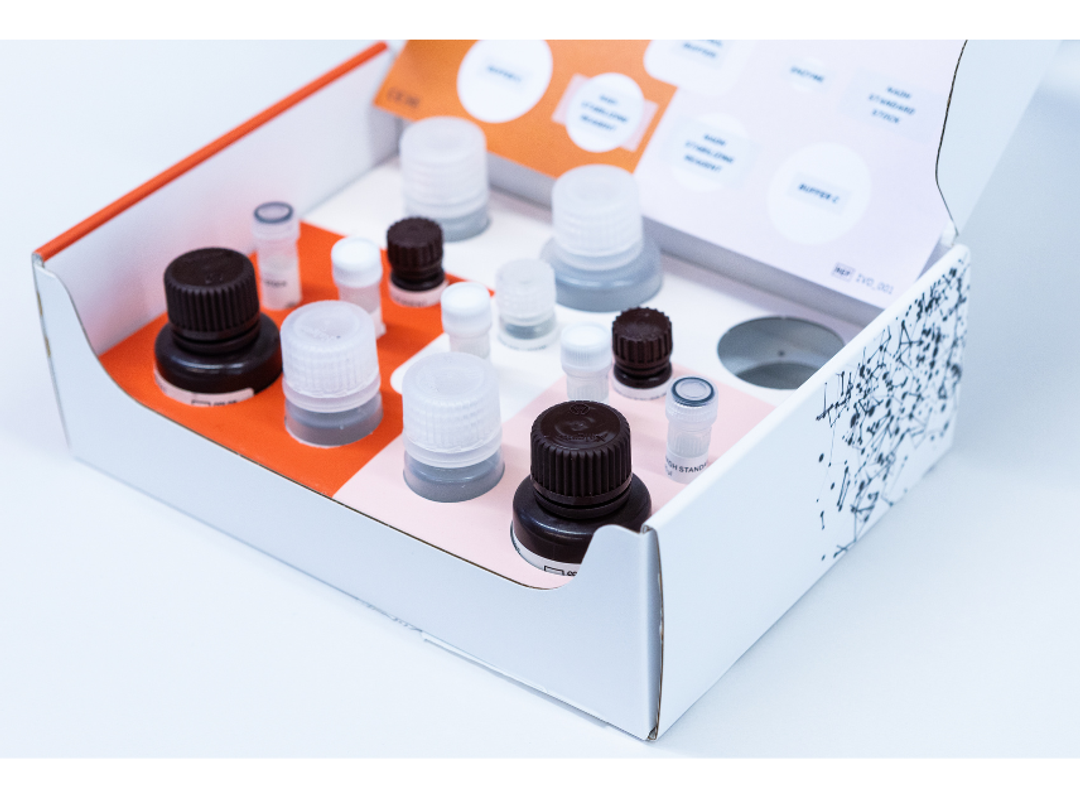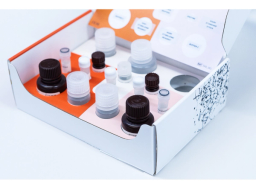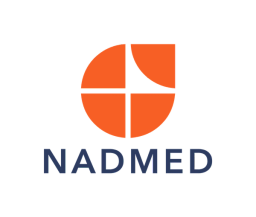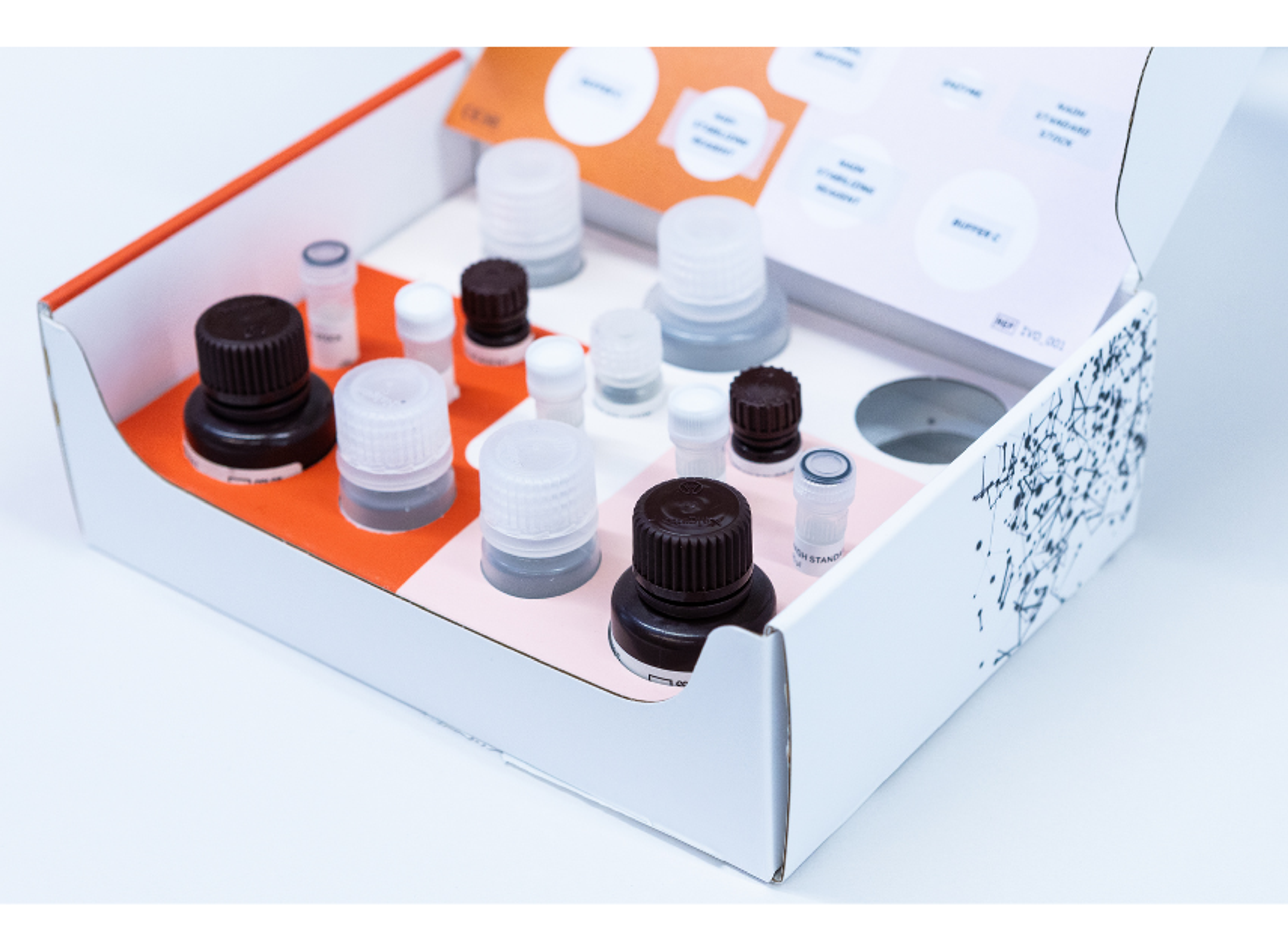Q-NAD Blood NAD+ and NADH Assay kit (NAD+ and NADH Measuring Kit for Blood (RUO))
The Q-NADMED NAD+ and NADH Measuring Kit for Blood offers the most accurate and reliable quantification of NAD metabolites directly from a small amount of whole blood. Designed for ease of use, it provides fast results without specialized equipment.
Based on a proprietary extraction method, NADMED kits accurately measure each metabolite individually. Ideal for assessing metabolic and mitochondrial health in drug development and research.
Purpose and Features
The Q-NADMED Q-NAD+ and NADH Assay kit for Blood (RUO) is designed to deliver precise, reliable quantification of nicotinamide adenine dinucleotide (NAD) metabolites directly from whole blood. The kit is exceptional in its ability to individually measure both oxidized and reduced forms of NAD, offering vital insights into metabolic and mitochondrial health.
Built on cutting-edge research from the University of Helsinki, it is a game-changer in metabolic studies, enabling breakthroughs in research, patient stratification, drug development, and personalized medicine.
What sets the kit apart is its accuracy, simplicity, and efficiency. Unlike traditional methods, the NADMED kit eliminates the need for specialized equipment or extensive sample preparation. It provides fast and accurate results, making it suitable for both clinical and research settings. When used to explore metabolic pathways, this kit empowers users with actionable insights.
Key Features/Benefits
- Accurate and reliable quantification of NAD+ and NADH metabolites.
- Simple workflow, suitable for whole blood samples.
- No specialized equipment or extensive preparation required.
- Fast results, streamlining research workflows.
- Validated for precision and consistency, ensuring reproducible outcomes.
Relevant Applications
- Clinical research into metabolic disorders, aging, and chronic diseases.
- Drug development and efficacy assessment.
- Patient stratification in Phase 1 drug testing
- Academic studies exploring mitochondrial function and NAD metabolism.




